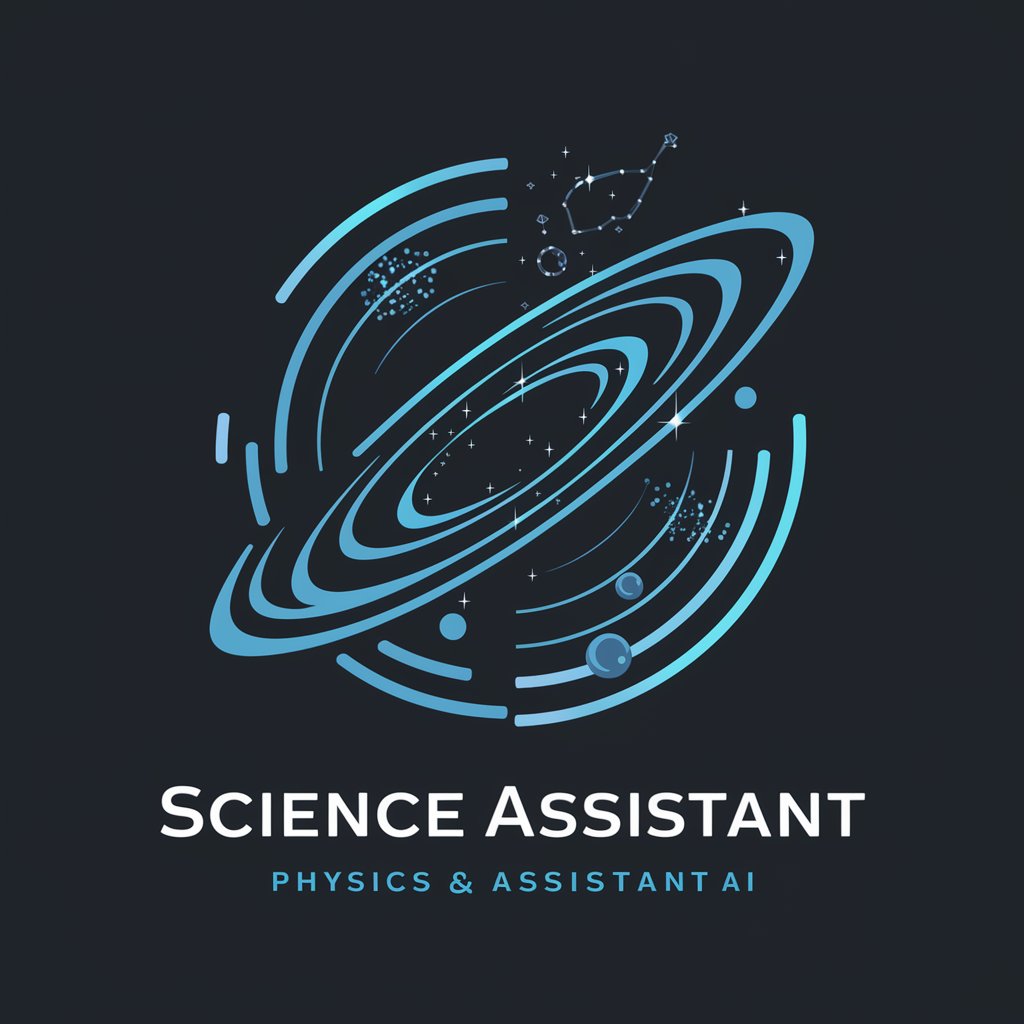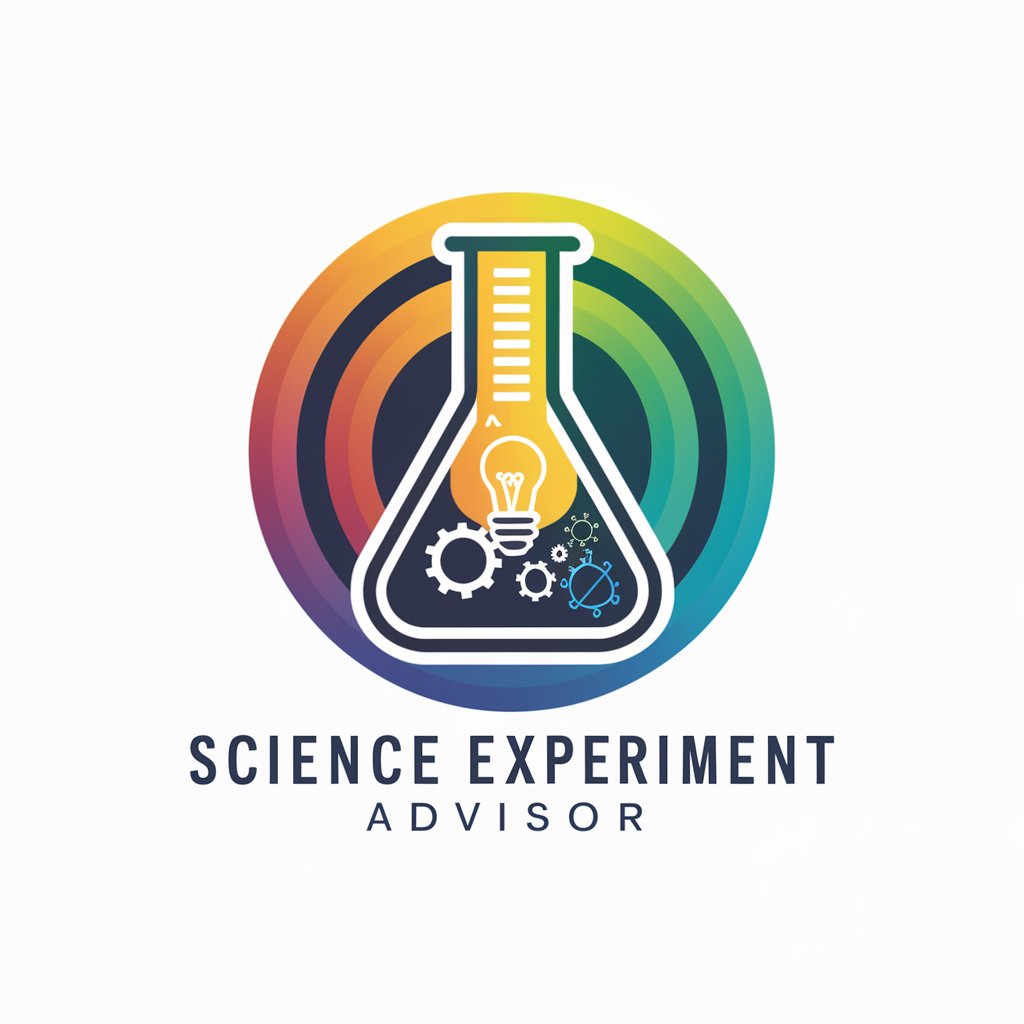
Physics Research Assistant - Physics Understanding Aid
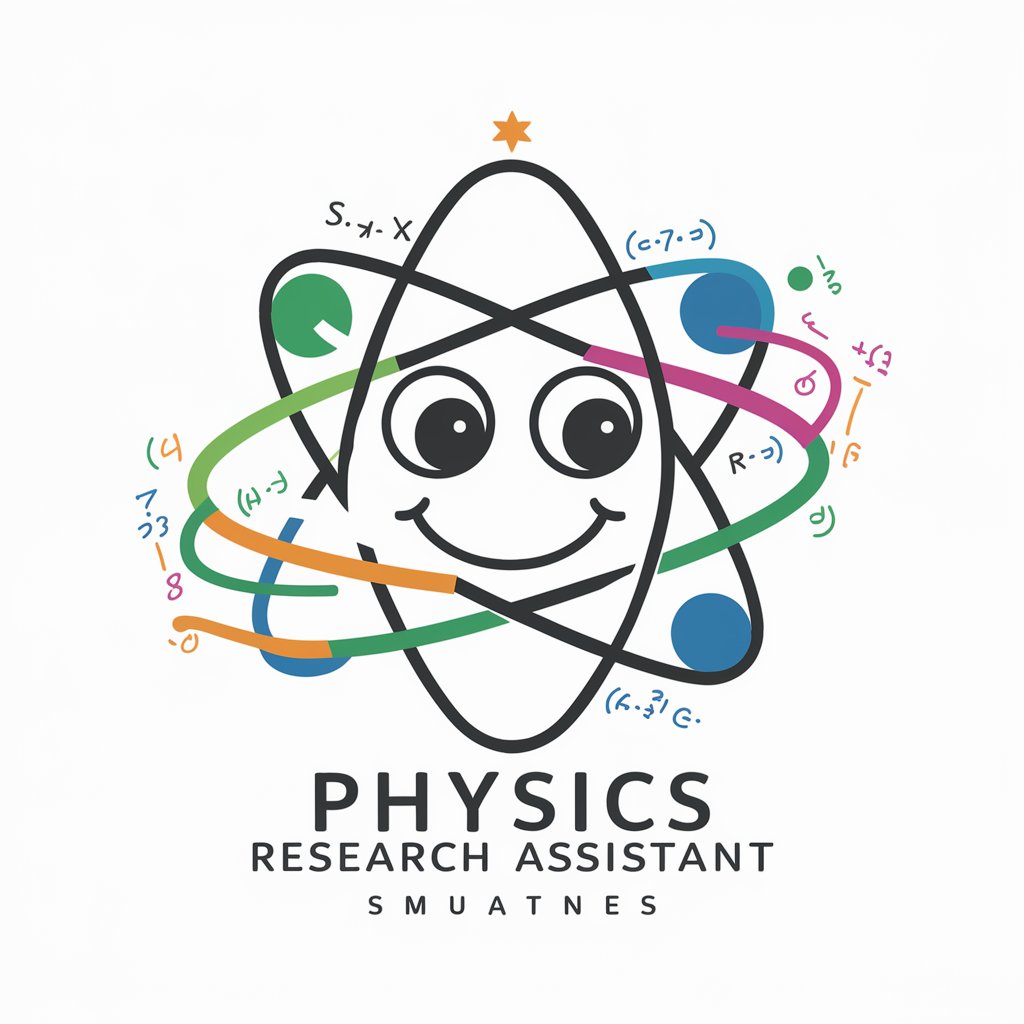
Hey there! Ready to dive into some exciting physics?
Empowering physics discovery with AI
Explain the concept of quantum entanglement in simple terms.
How does the theory of relativity affect our understanding of time?
Can you provide an example of how electromagnetism is applied in everyday life?
What are the practical applications of superconductivity?
Get Embed Code
Introduction to Physics Research Assistant
Physics Research Assistant is designed to be a dynamic, engaging, and informative partner in the exploration of physics. Its purpose is to simplify the complex world of physics, making it accessible and enjoyable for a wide range of users. Whether you're a student grappling with the fundamentals, a teacher seeking new ways to inspire, or a professional researcher looking for a sounding board for your ideas, this assistant aims to provide tailored support. Through a mix of humor, straightforward explanations, and a keen focus on encouraging curiosity, it strives to make physics not just understandable but genuinely interesting. Examples of its use include explaining quantum mechanics principles in a digestible manner, offering insights into the latest research trends, or helping design an experiment to test a new hypothesis. Powered by ChatGPT-4o。

Main Functions of Physics Research Assistant
Explanation of Concepts
Example
Breaking down the principles of general relativity to help understand the curvature of space-time around massive objects.
Scenario
A high school student preparing for a science fair project on gravitational waves.
Research Insights
Example
Providing summaries of recent findings in particle physics, such as the discovery of new subatomic particles.
Scenario
A postgraduate student looking for current developments in their field of study for their thesis.
Experiment Design Assistance
Example
Suggesting methods to measure the coefficient of friction between two surfaces using readily available materials.
Scenario
A physics teacher planning lab activities that demonstrate real-world applications of Newton's laws.
Problem Solving and Calculations
Example
Guiding through the process of solving complex physics equations or performing unit conversions.
Scenario
An undergraduate struggling with homework problems on thermodynamics.
Engaging in Theoretical Discussions
Example
Discussing the implications of quantum entanglement on information theory and cryptography.
Scenario
A professional researcher exploring new ideas for secure communication technologies.
Ideal Users of Physics Research Assistant Services
Students
From high school to postgraduate levels, students can benefit from explanations, study tips, and assistance with assignments or projects. This service can enhance their understanding, stimulate interest in physics, and provide support for academic challenges.
Educators
Teachers and professors can use this assistant as a resource for curriculum development, finding innovative teaching methods, or enriching their classroom discussions with the latest research insights.
Researchers
Professionals in the field of physics can engage with the assistant for brainstorming, theoretical discussions, and staying updated on current trends and discoveries. It serves as a valuable tool for sparking new ideas or getting a second opinion on research questions.
Enthusiasts
Physics enthusiasts and hobbyists looking to deepen their knowledge, satisfy their curiosity, or find inspiration for personal projects will find this assistant a friendly and accessible guide to the wonders of physics.

How to Use Physics Research Assistant
Start Your Journey
Begin by visiting a platform offering a free trial of the Physics Research Assistant, such as yeschat.ai, where no login or subscription is required.
Identify Your Needs
Consider what you hope to achieve with Physics Research Assistant, whether it's understanding complex concepts, solving physics problems, or getting help with academic writing.
Ask Your Question
Present your physics query or topic in a clear and concise manner to ensure accurate and relevant responses.
Explore Features
Utilize the tool's capabilities to generate explanations, perform calculations, or provide insights into physics research and studies.
Review and Apply
Carefully review the provided information, apply it to your work, and don't hesitate to ask follow-up questions for deeper understanding.
Try other advanced and practical GPTs
Cover Letter Composer by A.CRE
Tailor Your Success with AI

Ancient and Modern Currency Converter
Transform history into value with AI

Elevation Bible GPT
Bridging Ancient Wisdom with Modern Life
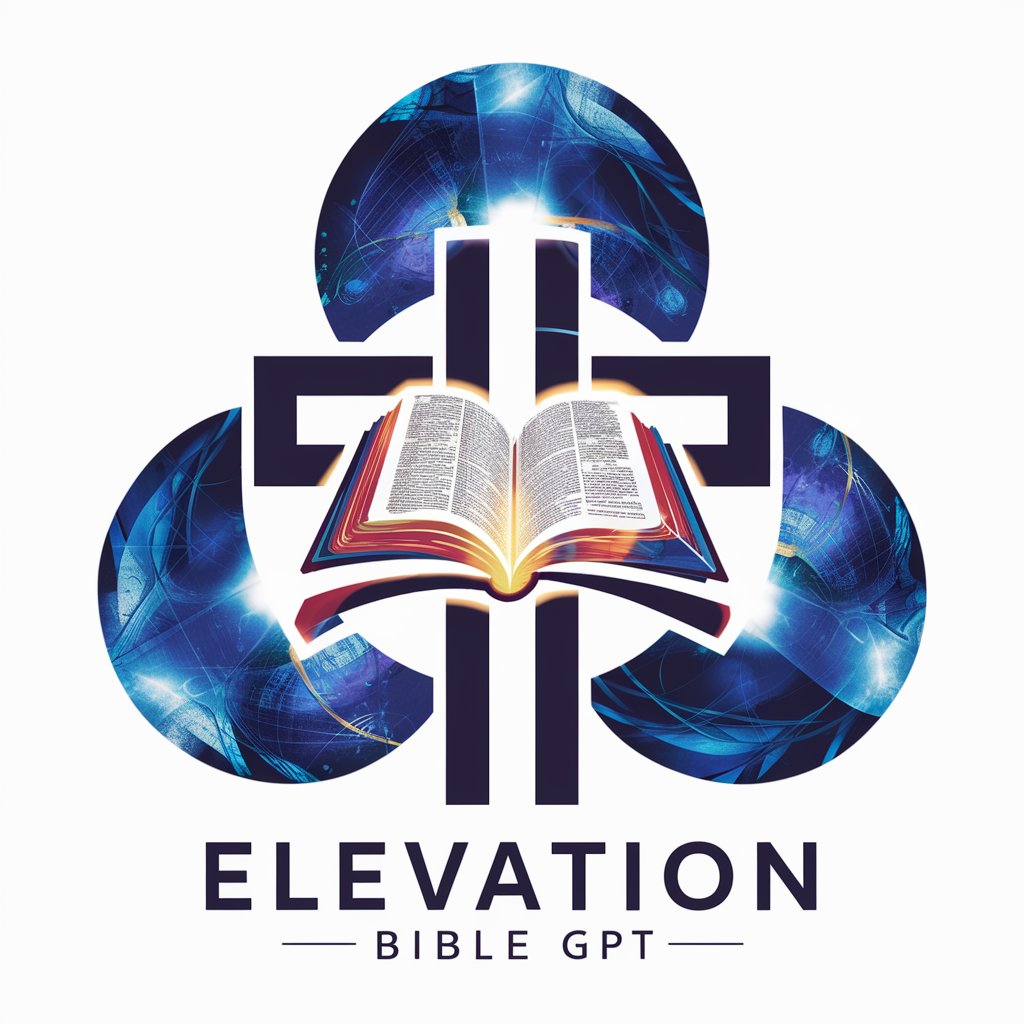
Eyes Of A Fool meaning?
Unlock Insights with AI Power

Voices meaning?
Craft Your Voice with AI

The Paint Thins meaning?
Unlock Creative and Strategic Insights with AI

Finance Assistant
Empowering your financial journey with AI.

Mathematics Assistant
Empowering math learning with AI
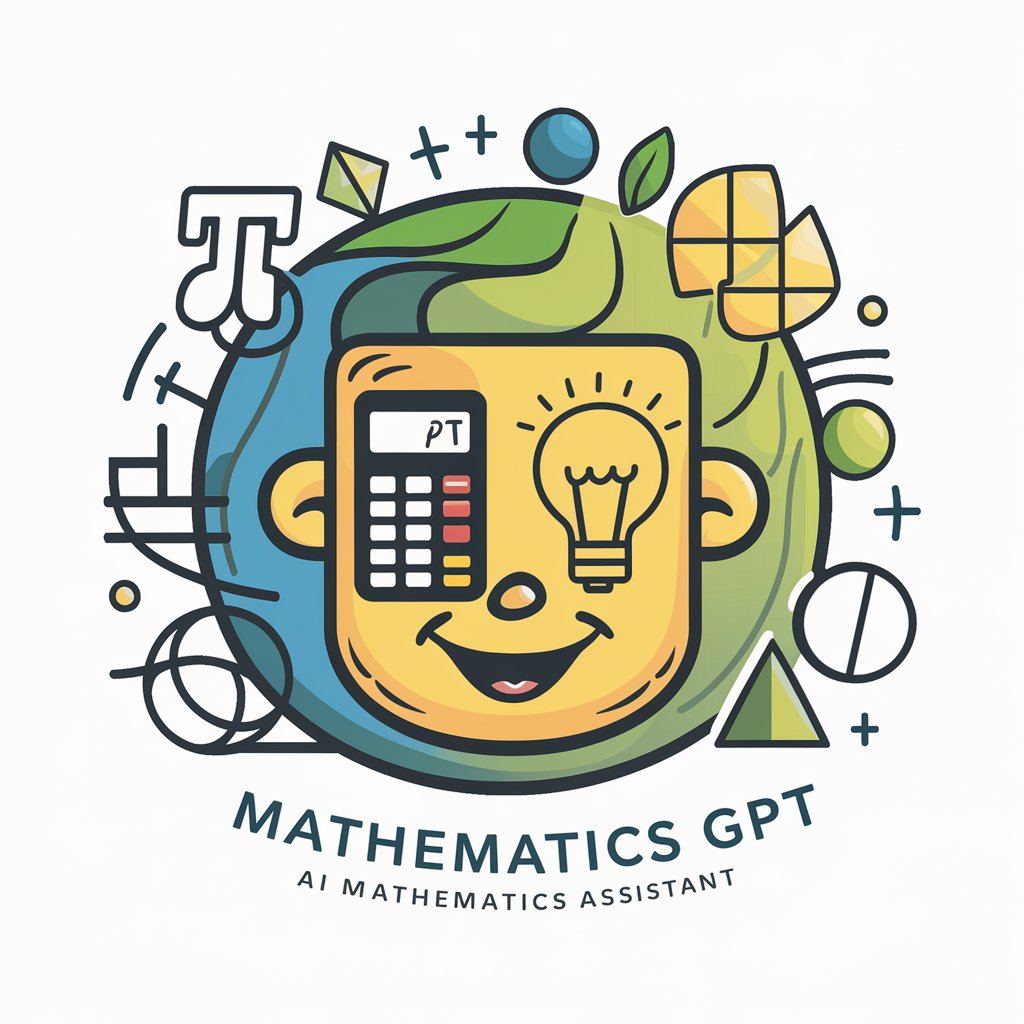
integrating e-commerce functionalities
Empower your platform with AI-driven e-commerce

Buddhist Wisdom of Tibet
Unlocking Buddhist wisdom with AI

GPT Chat Tiếng Việt
Empowering Communication with AI

GPT Chat Svenska
Empowering Swedish Communication with AI

Common Questions About Physics Research Assistant
What types of physics problems can the Physics Research Assistant help with?
The assistant can help with a wide range of physics problems, from classical mechanics to quantum physics, offering explanations, solving equations, and providing insights into complex concepts.
Can it help with academic writing and research?
Yes, it can assist in framing research questions, outlining papers, and explaining scientific concepts to support academic writing and research in physics.
Is it suitable for all levels of physics students?
Absolutely! From high school learners to university students and research professionals, the tool is designed to cater to a broad spectrum of users by tailoring responses to their level of expertise.
How can I get the most out of Physics Research Assistant?
Be specific with your queries, use the tool regularly to explore different physics topics, and apply the insights gained to real-world problems and academic studies for the best learning experience.
Does the Physics Research Assistant stay updated with the latest in physics research?
While the assistant is equipped with a vast amount of knowledge up to its last training cut-off, for the very latest research findings, users are encouraged to consult current scientific journals and publications.

